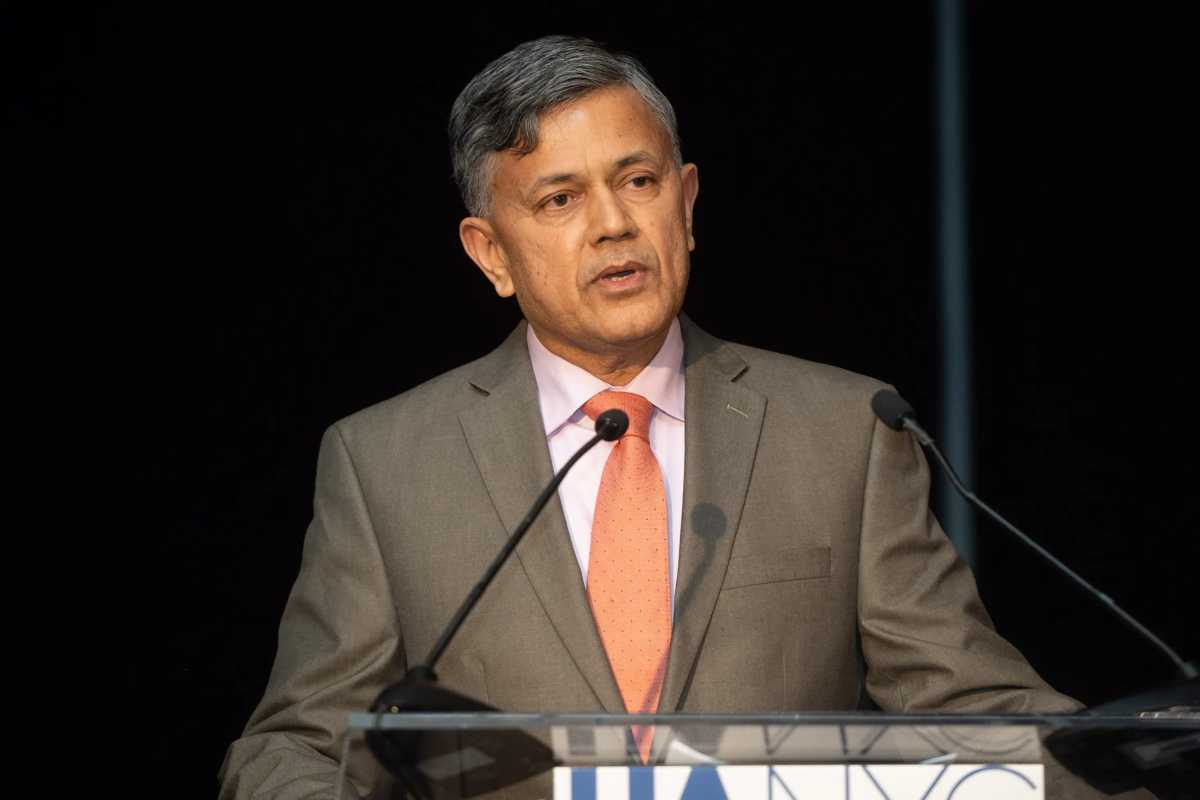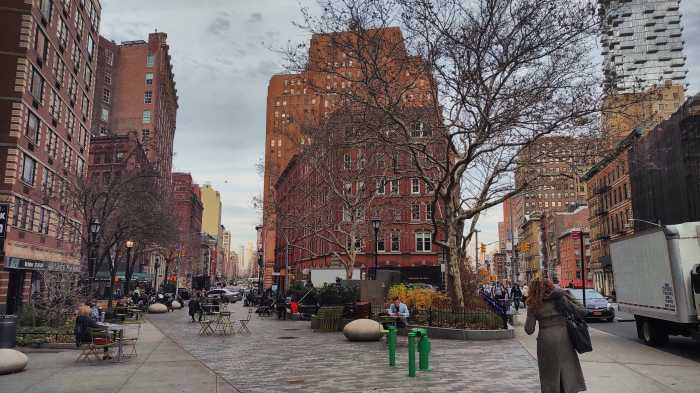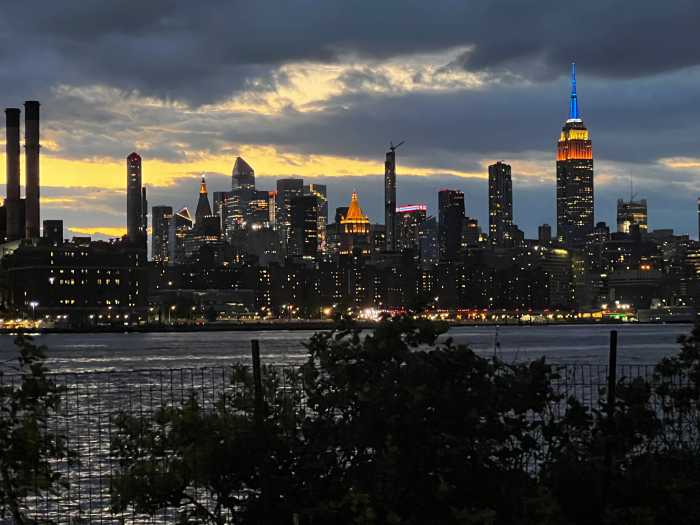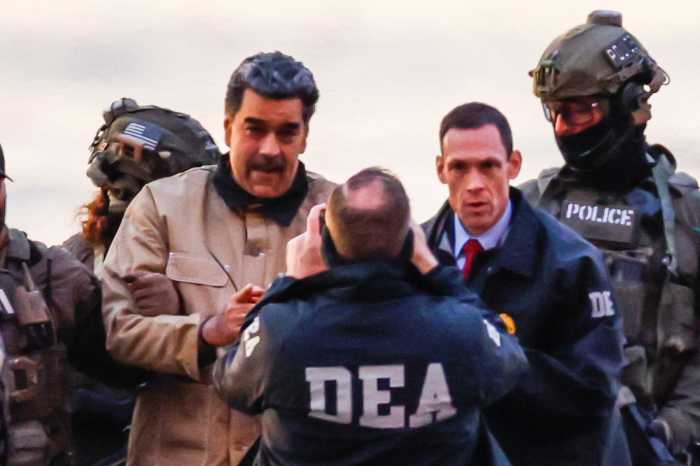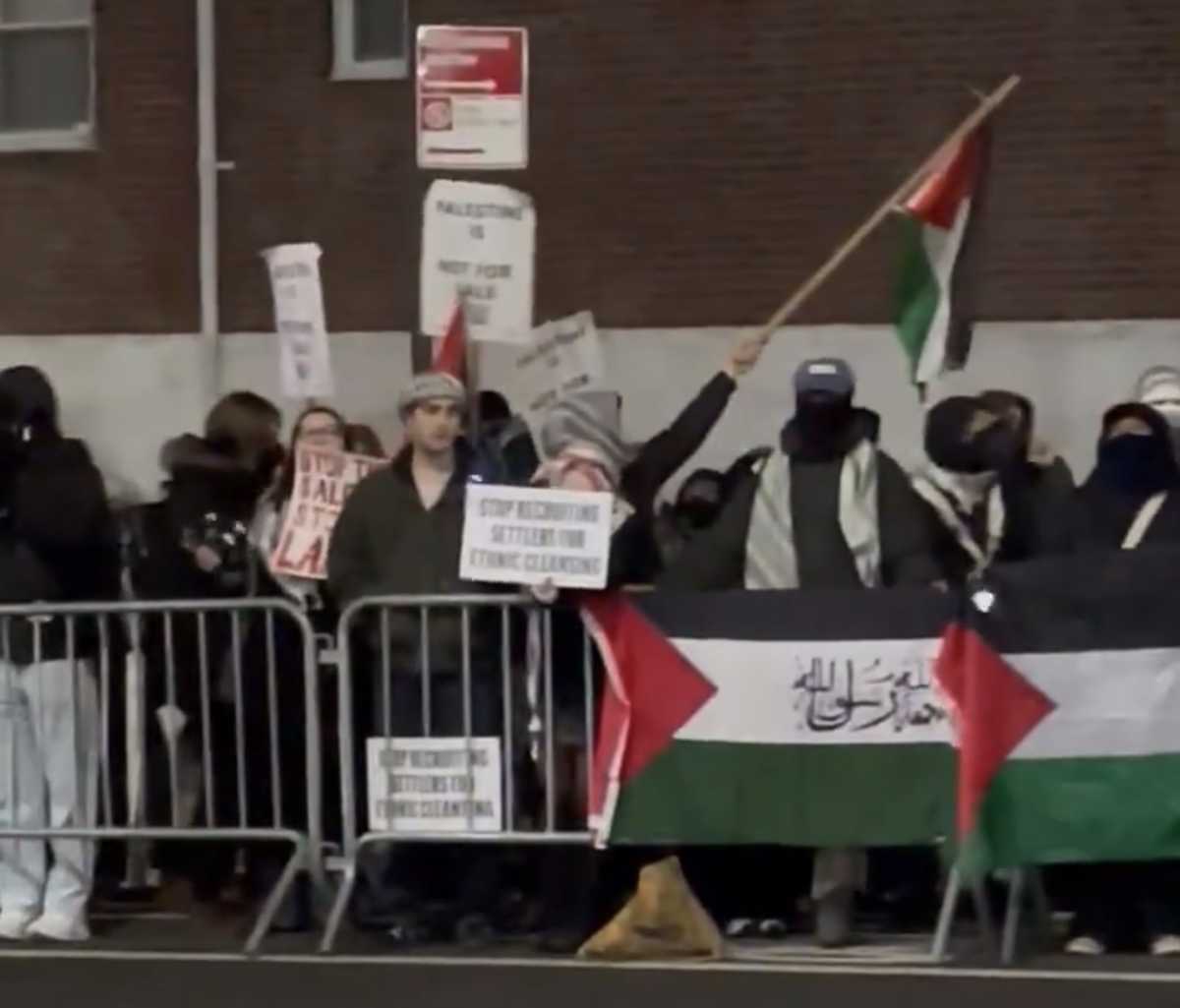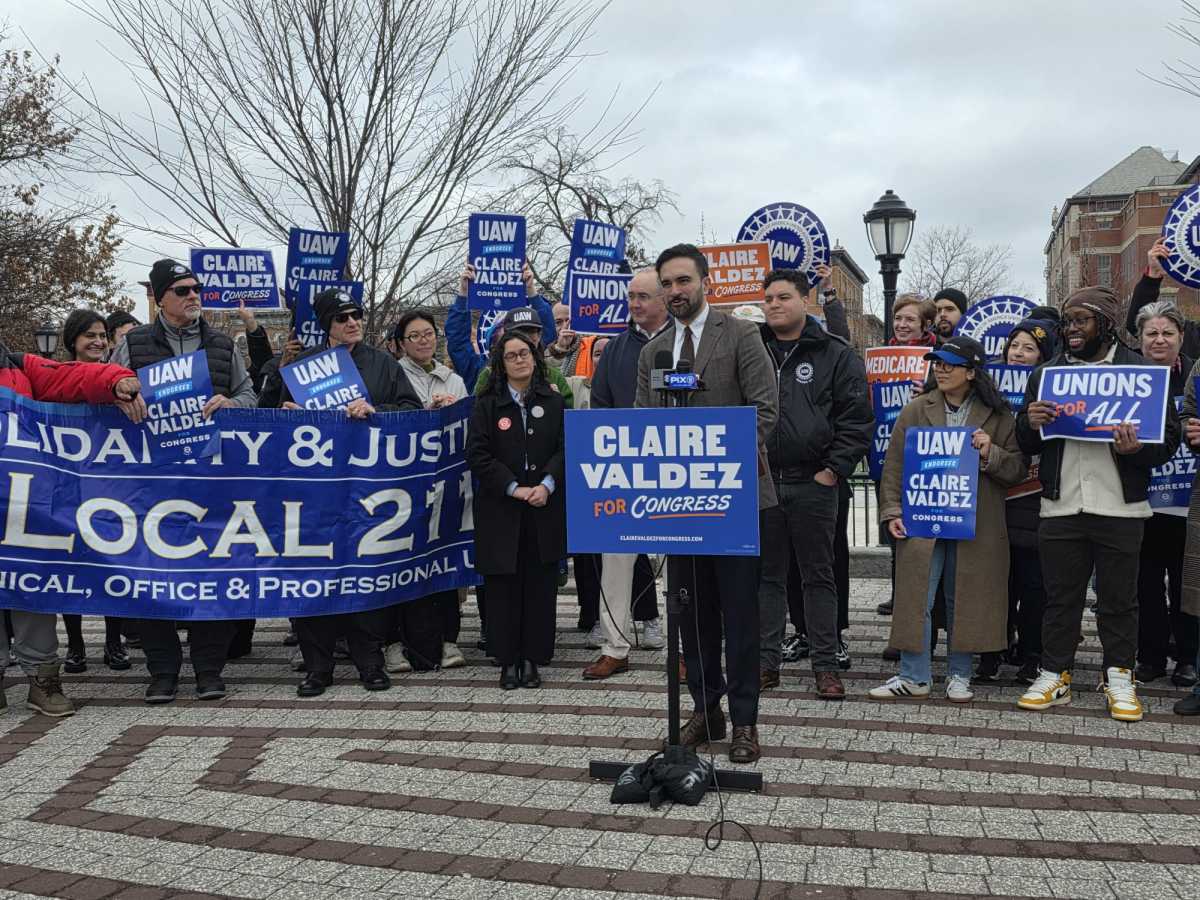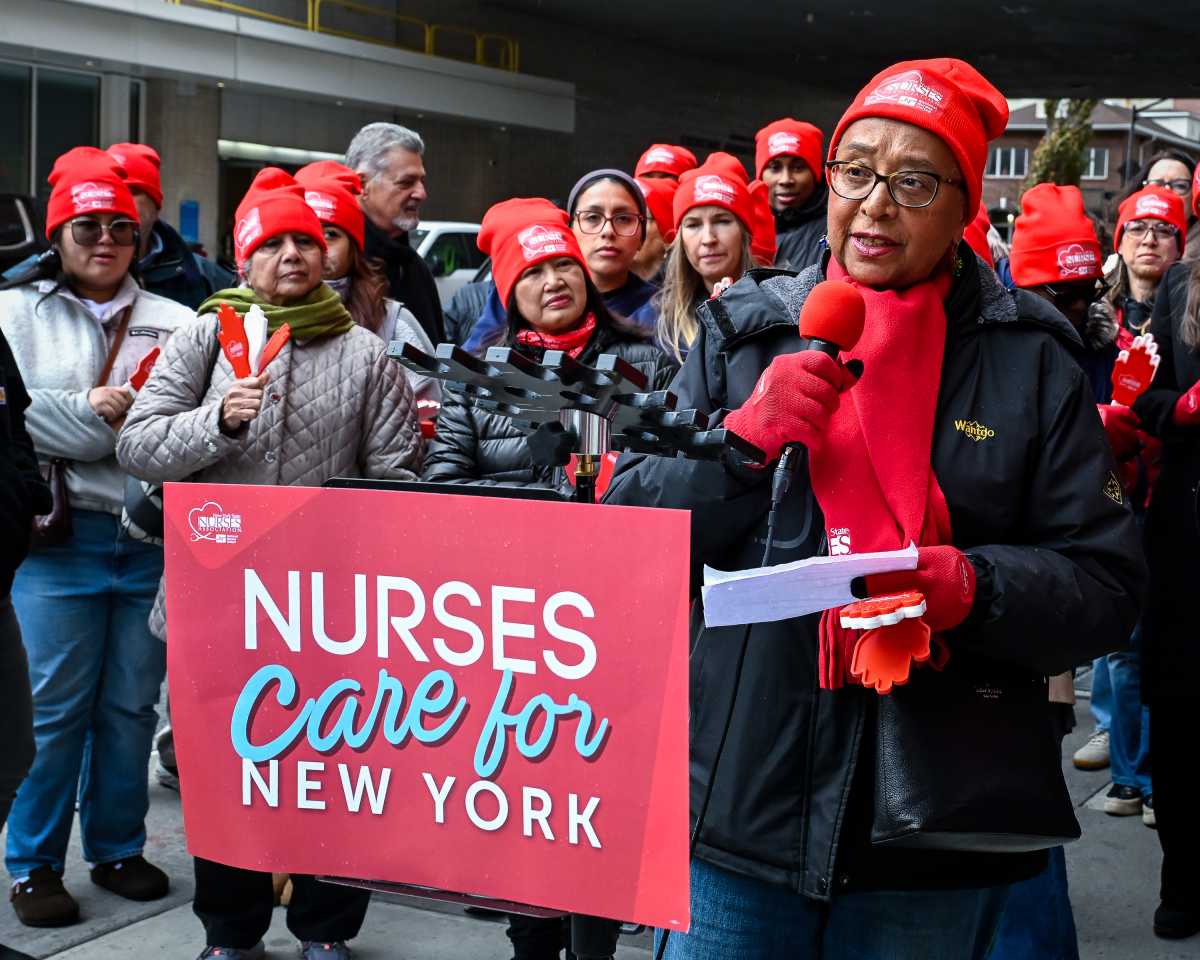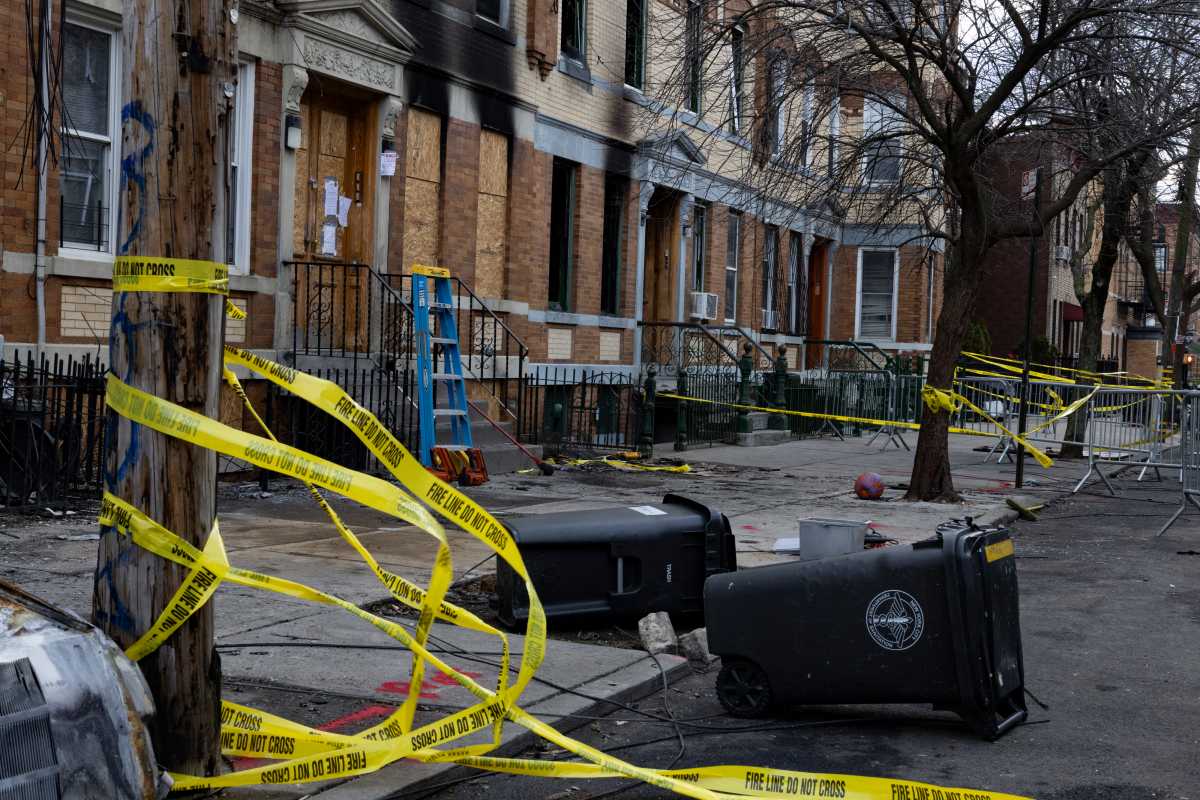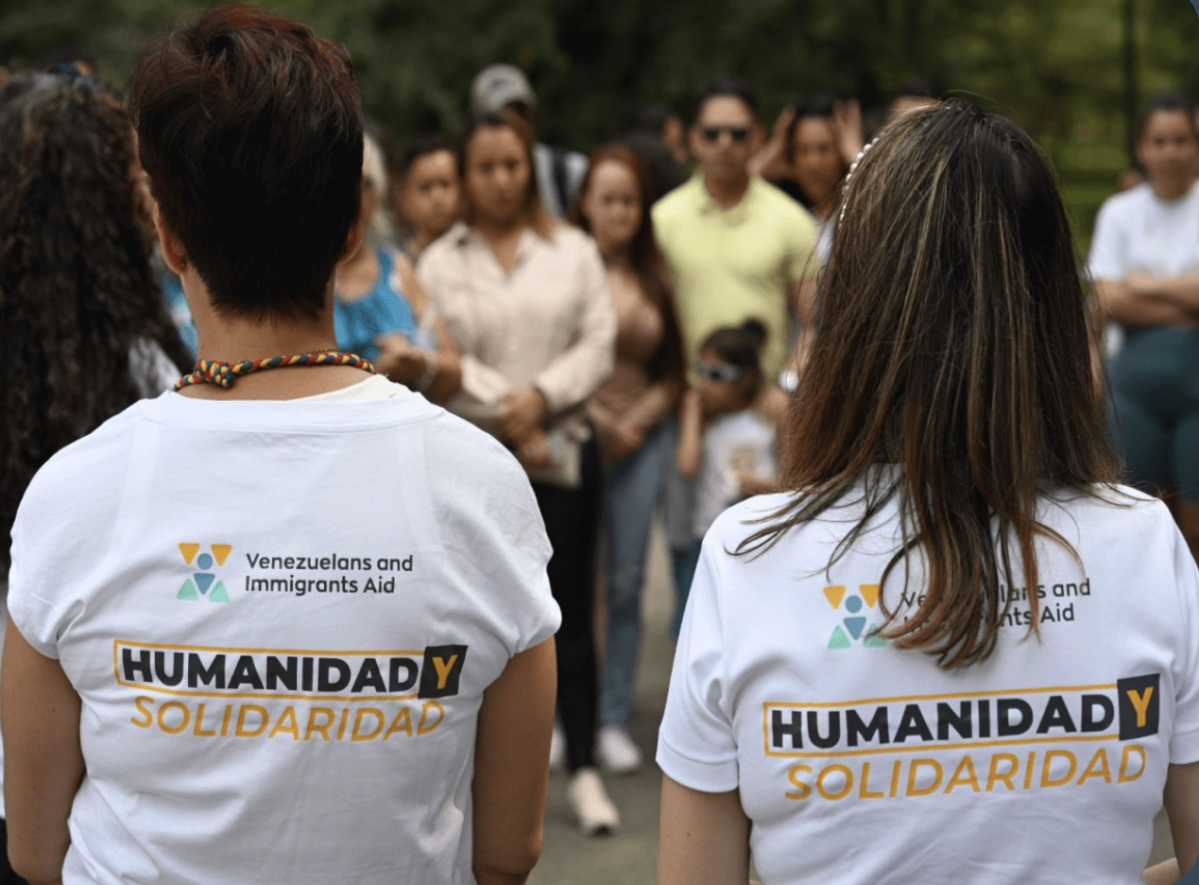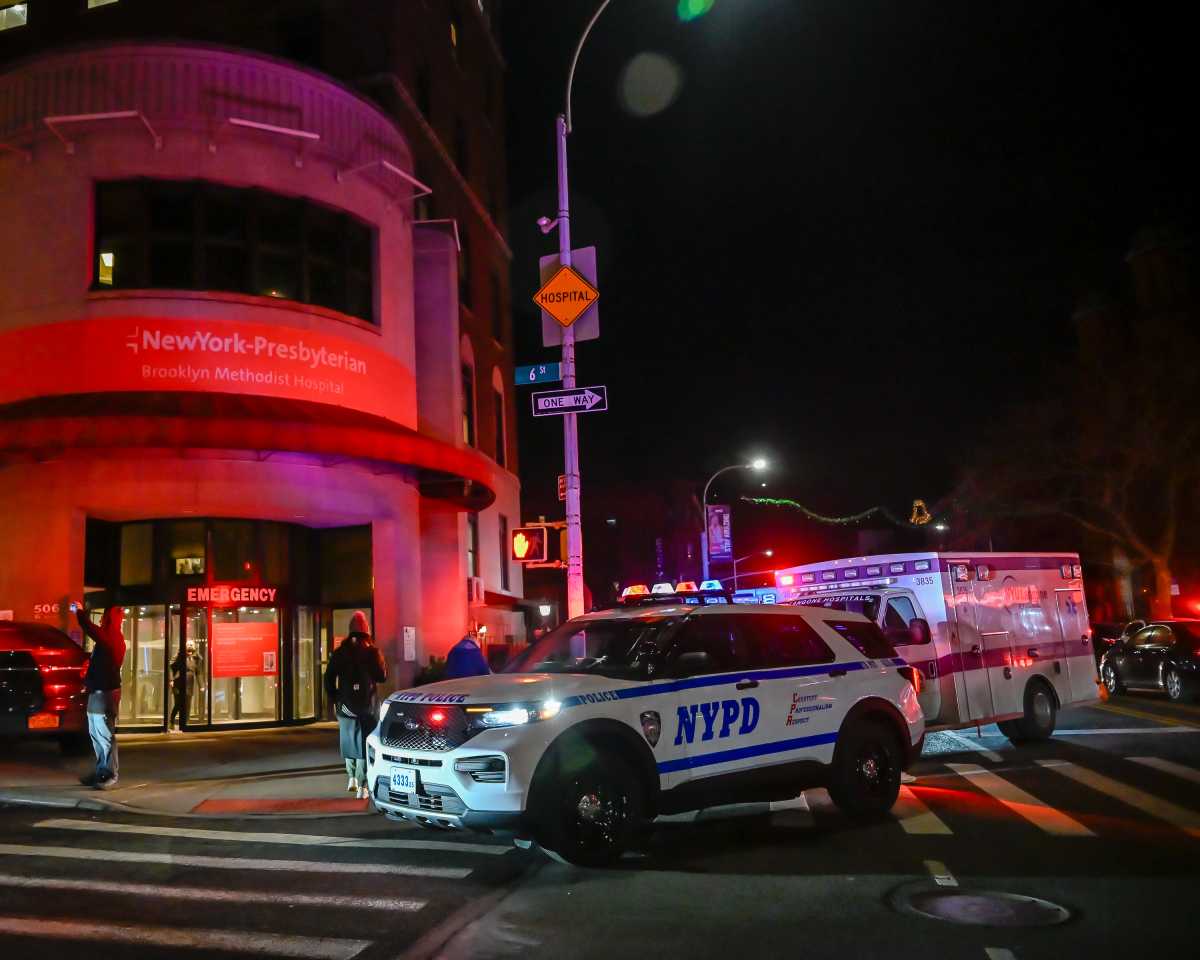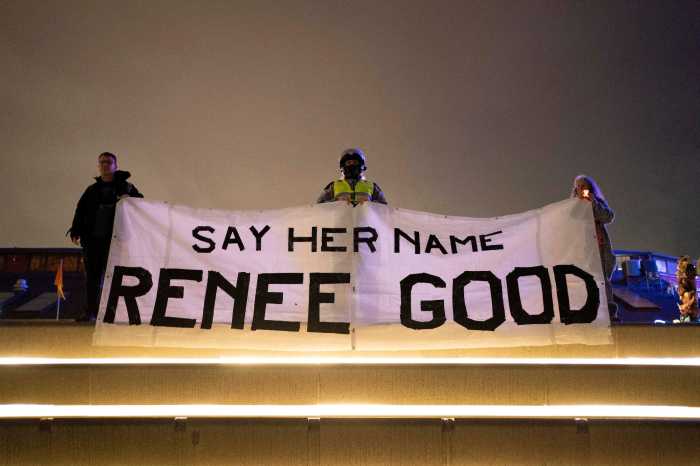New York’s hotel industry is a critical driver of the regional economy, providing jobs to tens of thousands of people, powering the city’s tourism industry, and contributing billions in tax revenues to city and state coffers.
But our industry’s recovery from COVID is still fragile: 62.2 million people visited New York City last year, about 7% fewer than the 66.6 million who visited in 2019. While forecasts predict that number will rise, a full recovery is far from assured.
Unfortunately, the City Council is pushing new legislation, Int. 991, also known as the hotel licensing bill, that would impose a broad set of onerous requirements on the industry at a time when we can least afford costly new regulations. Among other provisions, the bill requires all hotels in the city to apply for a license annually from the Department of Consumer and Worker Protection.
Supporters of the bill have argued that it is necessary to protect the health and safety of patrons and workers. Put simply, this is false.
First, the premise that hotels are unsafe is simply not supported by the data. Over the past five years, 311 complaints related to hotels have been similar in percentage to other types of establishments like grocery stores, and lower than clothing stores or restaurants. Even looking at felony charges citywide, hotels account for a lower percentage than other sectors. Put simply, hotels are comparatively safer than many other businesses in the city.
Supporters have also made absurd claims about the connection between hotels and human trafficking. The state already has robust anti-trafficking laws that hotels must comply with, and our industry has gone above and beyond to hold staff training on human trafficking. In fact, the U.S. Department of Homeland Security Secretary Alejandro Mayorkas specifically commended our industry for its efforts in this critical space, saying he hopes “that other associations, other sectors follow the example that [we] have set.’
Just as egregiously, the bill takes aim at a core part of the industry’s business model by banning hotels from using subcontractors for a variety of services. Many hotels rely on third-party contractors to provide services like housekeeping, security, and other back-of-house operations. If hotels are not allowed to utilize these subcontractors, it will severely impact these businesses and could lead to significant job losses. Furthermore, hotels will be forced to dig into their own pockets to meet these staffing requirements, straining their budgets and likely worsening the guest experience and quality-of-life concerns the bill aims to address.
Adding to the financial woes this bill promises to create is the threat of jeopardizing financing for hotels. No hotel can operate without reliable financing. But under this bill, the granting or denial of licenses would be subject to events that are wholly outside the control of hotels, such as the unavailability of service repair personnel for more than 48 hours, and can be manipulated by third parties for unlawful purposes. No lender will make a loan where funding is subject to an annual and arbitrary risk that the business may continue to operate and earn money to pay back its loan. That will mean more business closures and more job losses.
Intro 991 also inappropriately interferes in the collective bargaining process, creating redundant new health and safety standards for hotel workers. The current Collective Bargaining Agreement between the Hotel Association of New York is the product of more than 80 years of a strong labor relationship. It provides the highest wages, strongest benefits, and most robust worker protections in the country. There is no reason for the City Council of New York to legislate terms and conditions which are already codified in a contract, and are enforceable through binding arbitration.
In sum, this bill is not about improving safety or working conditions — it is about creating more red tape and bureaucratic hoops for the hotel industry.
The facts are clear: New York City hotels are safe, provide a high standard of service to their guests, and offer excellent worker protections. Intro 991 would make it harder for our industry to care for our workers and serve our guests. We urge city lawmakers to reject this bill and work collaboratively to address the issues facing our industry.



